
Through curated articles, interviews, and original research and content, we feature the policies, programs, and people reimagining the aging experience. Explore the latest ideas and insights.
What’s News / What’s New
As Time magazine suggested on the cover of its recent Longevity issue, we are in an era of a new old age. Lifespans have changed dramatically over the past several decades, and with that, newer generations of elders have emerged that are far more productive and active than past populations. Follow the link below to read more about the emerging trends and implications of the new old age.
In “Making the Best of What’s Left,” Judith Viorst, 94, offers her perspective and that of fellow “oldsters” on making meaning later in life. Viorst purposefully used the term “making meaning” rather than “finding meaning” as she believes we “…need to create our own personal reason for being.” Her most thoughtful advice? Connect with new people, ask for and offer help, and don’t collect hurt feelings.
According to a recent analysis of nearly 4,500 adults aged 60 and older, published in Frontiers in Aging Neuroscience, five types of exercise were shown to improve cognitive function. The activity categories included resistance training, aerobic exercise, high-intensity interval training, mind–body practices such as Tai Chi and yoga, and hybrid routines that combine multiple approaches. Among them, resistance training emerged as the most effective in supporting global brain health, including memory and attention. Notably, the study found that strength training delivered measurable cognitive benefits with just two 45–60 minute sessions per week over a three-month period.
A WSJ analysis of Medicare data revealed that one in six seniors were prescribed eight or more medications simultaneously. Moreover, of the 46 million individuals 65+ enrolled in Medicare, nearly a half-million were taking 15+ prescriptions at the same time. And, many of the prescribed drugs are on a sanctioned list of medications considered potentially dangerous for older patients. Clearly, there are two issues of concern: 1. Seniors are likely overmedicated and 2. There’s a need for a regular and systematic review of prescriptions to determine possible contraindications and harmful outcomes.
Experts at the Mayo Clinic developed the “Mini Eating Assessment Tool” to determine what comprises a healthy diet. Follow the link below to take the quiz and see if your food choices support wellness and longevity.
The holidays can heighten feelings of loneliness—for both younger and older members of our communities.
If someone comes to mind who may be on their own, a small gesture can mean a great deal—a thoughtful note, a simple call, an invitation to join you, or a practical offer of help. And, for something that’s sure to bring joy, you can also share the number for Peptoc (707.873.7862), a hotline featuring pre-recorded words of encouragement from students at West Side Elementary, a K–6 public school in Healdsburg, CA. It is truly uplifting.
Wishing you a warm and peaceful holiday season, and a bright new year ahead. With gratitude.
Season 2 of the comedy, “Man on the Inside,” starring Ted Danson as a septuagenarian private detective, is streaming now on Netflix. While investigating a blackmail scheme at a local college, Danson’s character falls for a teacher at the school played by his real-life spouse of three decades, Mary Steenburgen. Finding love later in life is just as exciting, sexy, awkward, and messy as it is at any age. Read the SF Chron’s review of the show at the link below.
What’s Lloyd Kahn’s secret to an active and fulfilling life at age 90? He says, “Moving is so necessary as you get older.” And, also, “admit when you’re wrong, get out of your comfort zone, and don’t focus on regrets.” Follow the link below to read more about Kahn and his adventurous approach to living.
Michelle Cottle’s NYT opinion piece, “We Had No Idea What Was Coming: Caring for My Aging Father,” illuminates the challenges, complexities, and, sometimes, comical nature of caregiving, even if one has financial resources. Cottle also exposes the fragility and failure of our current healthcare system, exacerbated by the recent Medicaid cuts and immigration crackdown. Read the full piece at the link below.
Be Inspired
Originally a Shinto purification ritual, the concept of misogi (pronounced mee-soh-gee) has evolved in modern times to mean an intense physical or mental challenge designed to test limits and inspire inner strength.
If you decide to pursue a misogi, here are some ideas to inspire your personal and year-defining quest.
A transplant to NYC by way of London, Davor is a teaching artist with a colorful background of moving fluidly between stage and classroom. And though he doesn’t own up to it in his bio, he’s a walking encyclopedia of show tunes and factoids for any musical that has hit the Broadway stage.
From her upbringing in rural Connecticut, to the executive hallways of NY and LA, and now back to bucolic environs, Jenness Brewer’s latest act is the culmination of all that came before. She brings her love of land, art, fellowship, and family together in beautiful and unexpected ways.
June Squibb, 95, knows how to play to her age–and defy it. Last week, I saw a screening of her new movie Eleanor the Great, directed by Scarlett Johansson. Squibb plays Eleanor, a 94-year-old woman living in Florida, who loses her best friend and is then pressured into moving back to New York City to live with her daughter, played by Jessica Hecht.
As she wrestles with the dueling factors of being treated like an incapable old woman by her daughter while still, as she puts it, feeling like the same person she’s always been, she stumbles on an unconventional way to memorialize her dear friend, which stirs up a bit of trouble.
Along the way, the movie shines a light on the beauty and mutual benefits of intergenerational friendships.
Squibb, who has no plans to retire, (you might remember her from the movie Thelma in 2024) will also be hitting the stage on Broadway in December, starring alongside Cynthia Nixon in Marjorie Prime. Learn more about Squibb’s career at E!News.
“This seems less like a twilight thing and more like a ‘go girl, kick ass’ thing—which is good because I’m not done.” Jane Fonda, longtime aging well champion, at age 87, strongly declaring she still has plenty to do, upon accepting the Life Achievement Award at the 31st Annual SAG Awards on Sunday night.
Fonda also noted she did one of her most successful movies in her 80s and predicted she’ll be doing her own stunts in action movies when she’s in her 90s.
Her fiery and inspiring speech challenged the status quo. As the New York Times quoted Fonda, “...We are in our documentary moment. This is it. And it’s not a rehearsal.”
Blondie frontperson Debbie Harry, the iconic rock and roller of the 1970s and 80s (and beyond) doesn’t seem too different these days from the person she was back then: bold, brash, and full of vitality. She is currently the focus of Gucci’s Cruise 2025 collection, which was shot by photographer Nan Goldin for the We Will Always Have London campaign. To catch up on more of what she’s up to, follow the link below to The Times.
While the music industry may skew young, there’s one sector of the profession that’s a surprising exception. Many of the industry’s most valued roadies, including equipment and sound technicians, are well into their golden years (despite the long hours and physical demands.) Read about how some of music’s most legendary artists depend on these experienced employees to keep them rocking and rolling all night.
More than a third of the awards given out at the Golden Globes on Sunday, January 5, went to individuals over the age of 50.
The oldest to bring home an award: Jean Smart, 73, known as the sassy and savvy Deborah Vance in Hacks, won for Best Actress in a TV Series, Musical or Comedy.
Demi Moore, 62, who spoke of the double challenge of aging as female, won for Best Actress, Motion Picture, Musical or Comedy, for her role in The Substance. In her acceptance speech, Moore talked of having been “doing this” for more than 45 years without winning anything. She also talked about a producer telling her 30 years ago that she was “a popcorn actress,” a comment that she says corroded her over time, leading to a crisis in confidence that nearly convinced her to put herself out to pasture a few years ago. Until a certain script found her. Follow the link below to hear her acceptance speech.
Former President Jimmy Carter, who died on December 29th, was 100 years old–a milestone age not achieved by just anyone. To look at the lynchpins of his long and active life, Fortune spotlights Carter’s three strategies for longevity. Read on to see how fitness, love, and community factored in.
We recently had the privilege of visiting Rancho La Puerta in Baja California, MX, and attended a Q&A with its 102-year-old founder, Deborah Szekely. What an amazing life she’s led, from founding the wellness retreat and spa in 1940, to establishing San Diego’s New Americans Museum and Immigration Learning Center at age 80. Her advice for staying healthy and engaged? Maintain an active social network, be positive, and just move (she still walks one mile every day)! Read more about Deborah’s remarkable story in this Fortune interview.
Events, Opportunities, & Activities
The sixth annual Century Summit will be held February 17 & 18, 2026 at Stanford University and online (the virtual platform is free for all participants). This year’s program will focus on how to develop and support professionals across extended career journeys as we live longer and healthier lives. One key question to be addressed: How can we ensure that opportunity is not limited by age? Follow the link below to find out more.
Join Dr. Ezekiel Emanuel, author of the newly released book, “Eat Your Ice Cream: Six Simple Rules for a Long and Healthy Life,” for an honest and refreshing discussion on what really matters for living better and longer. The conversation will take place, January 7th @ 7:30pm ET, in person at the 92nd Street Y, New York, and online. Follow the link below for more information and to register.
The 4th annual Longevity Summit, “The Future of Medicine: Eliminating Diseases of Aging,” is taking place December 9-10 at the Buck Institute for Research on Aging in Novato, CA. Speakers will be sharing advancements in the longevity field, with representatives from biotech companies, hospitals, investment firms, and academic institutions. The program is both in-person and online. Learn more and register by following the link below.
Join Mount Sinai medical experts for an online conversation on “Protocols for Living Better, Not Just Longer: The Science Behind Longevity and Healthspan.” Part of 92NY’s Spark Your Health Talk Series, the program will take place November 5th at 7pm ET. Read more about the virtual event and register by following the link below.
Join the American Society on Aging for a conversation with Kristin Dahlquist, DSW, MPH and Lakelyn Eichenberger, PhD on planning for the costs of long-term care. This is particularly important as proposed cuts in Medicaid funding could place a significant financial burden on states and individuals. Sign up below for the free webinar on October 1.
Tomorrow! Join the Stanford Center on Longevity for “A Conversation with Kerry Burnight,” author of “Joyspan. The Art and Science of Thriving in Life’s Second Half.” The webinar will take place August 12, 2025 at 12:00 PM Pacific Time. Register through the link below.
Become a Citizen Archivist! If you’re of a generation that can read cursive (a vanishing skill as penmanship is no longer taught in many schools), the National Archives Catalog needs your help. Millions of documents written in longhand—ranging from JFK assassination records to case files on UFO sightings—need to be transcribed and tagged. Learn more, and how to get started at the link below.
Attend the Stanford Center on Longevity’s second annual healthy aging conference, May 5, 2025 (in-person and via Zoom). Leading experts on nutrition, fitness, social connection, health tech, and wellness, will share the latest research, innovations, and best practices to support a longer, healthier life. For more information and registration details, follow the link below.
Tune in to Columbia University’s upcoming aging seminar, Disconnected - The Growing Class Divide in Civic Life. Sam Pressler, Practitioner Fellow at Columbia University, will lead discussion on how social assets like friends, education, religious/community groups, and other forms of support–often dictated early on by level of education–can impact longevity and well being.
Follow the link below to register for the session, which takes place February 19, from 11am - 12pm ET.


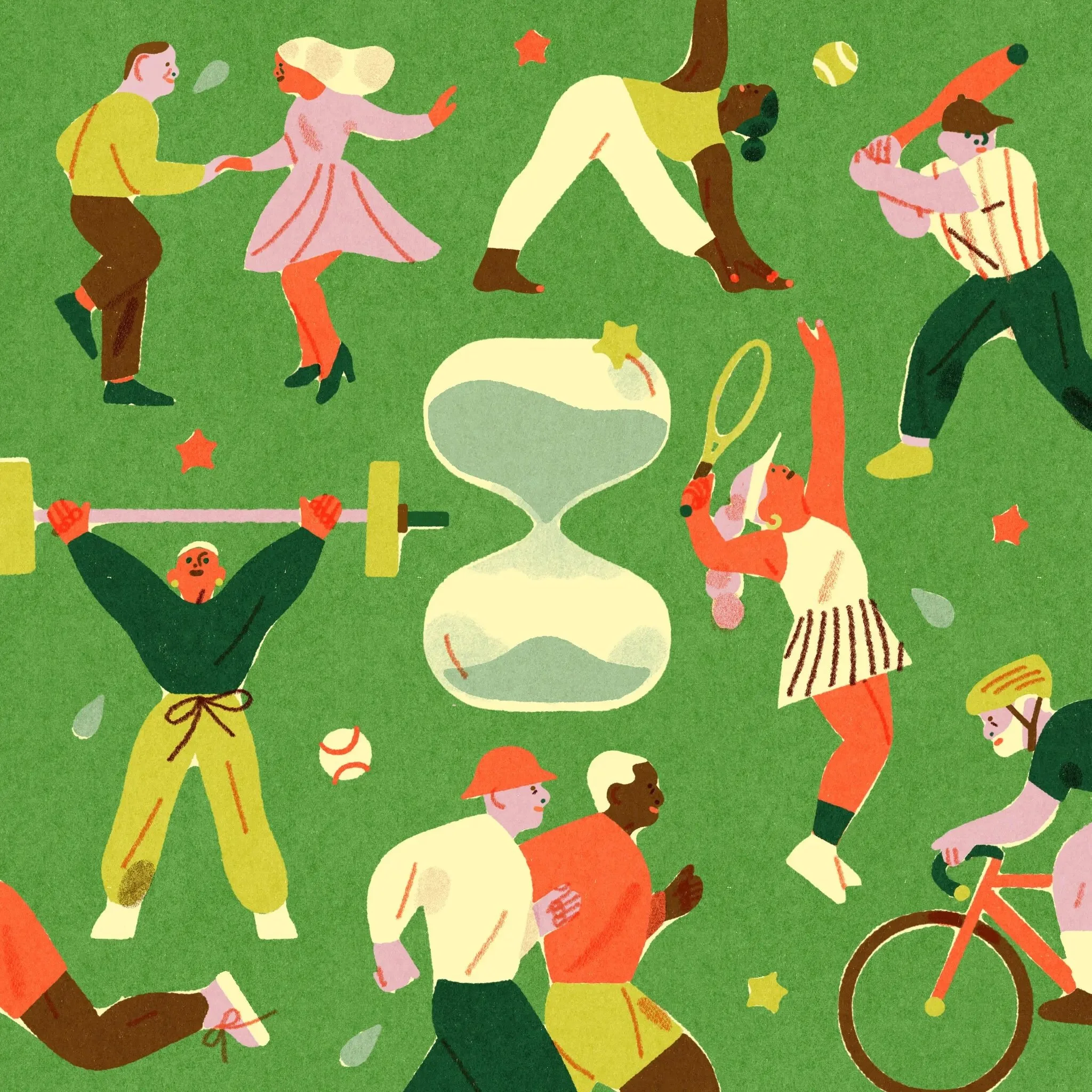
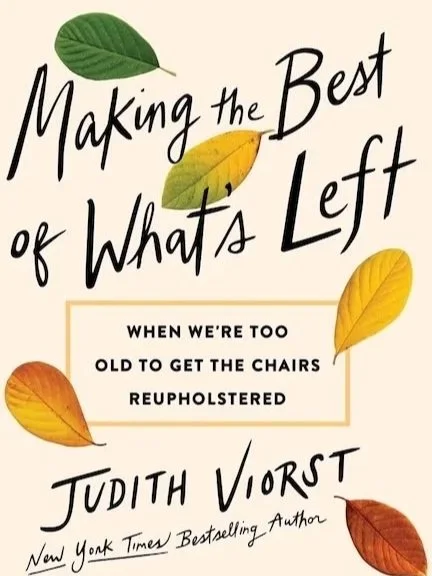
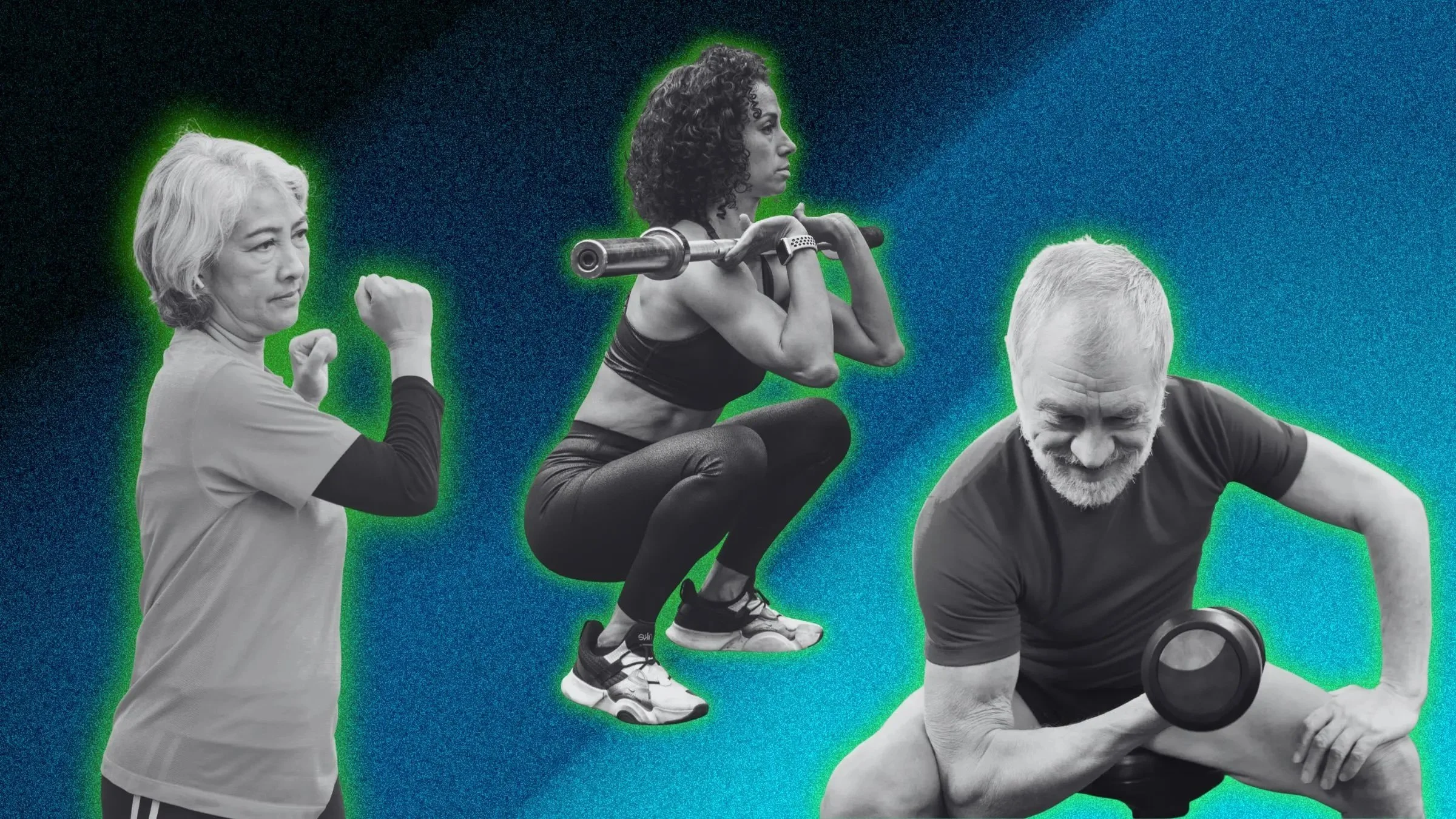

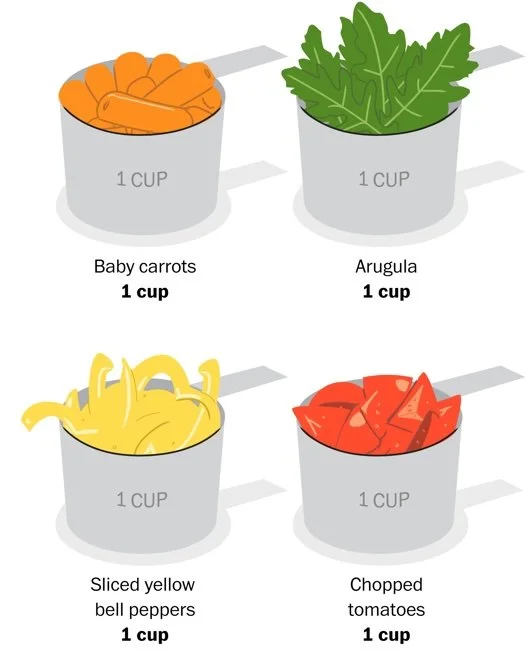

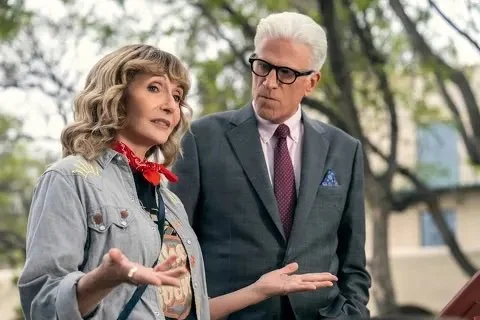
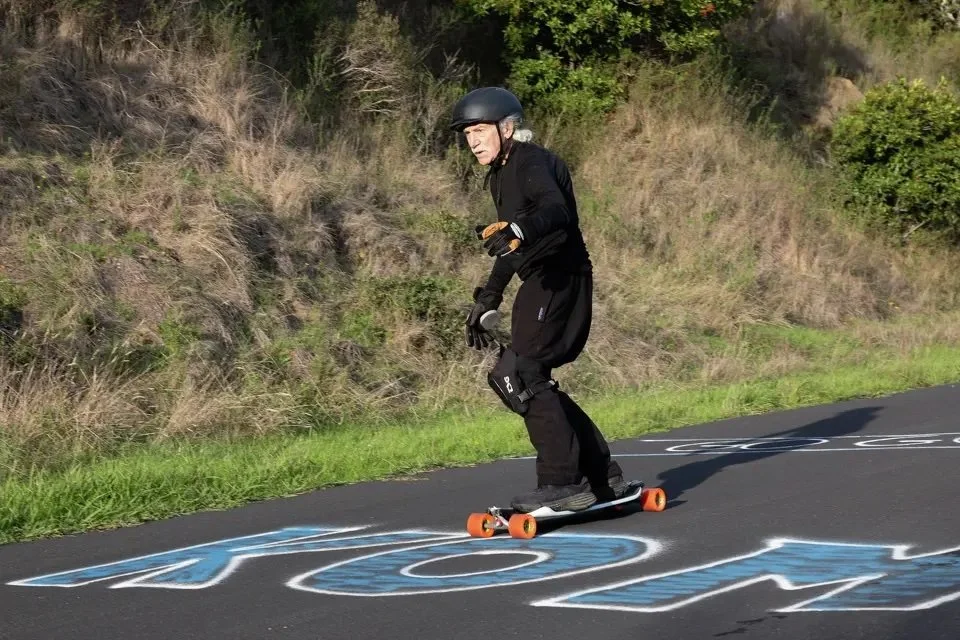
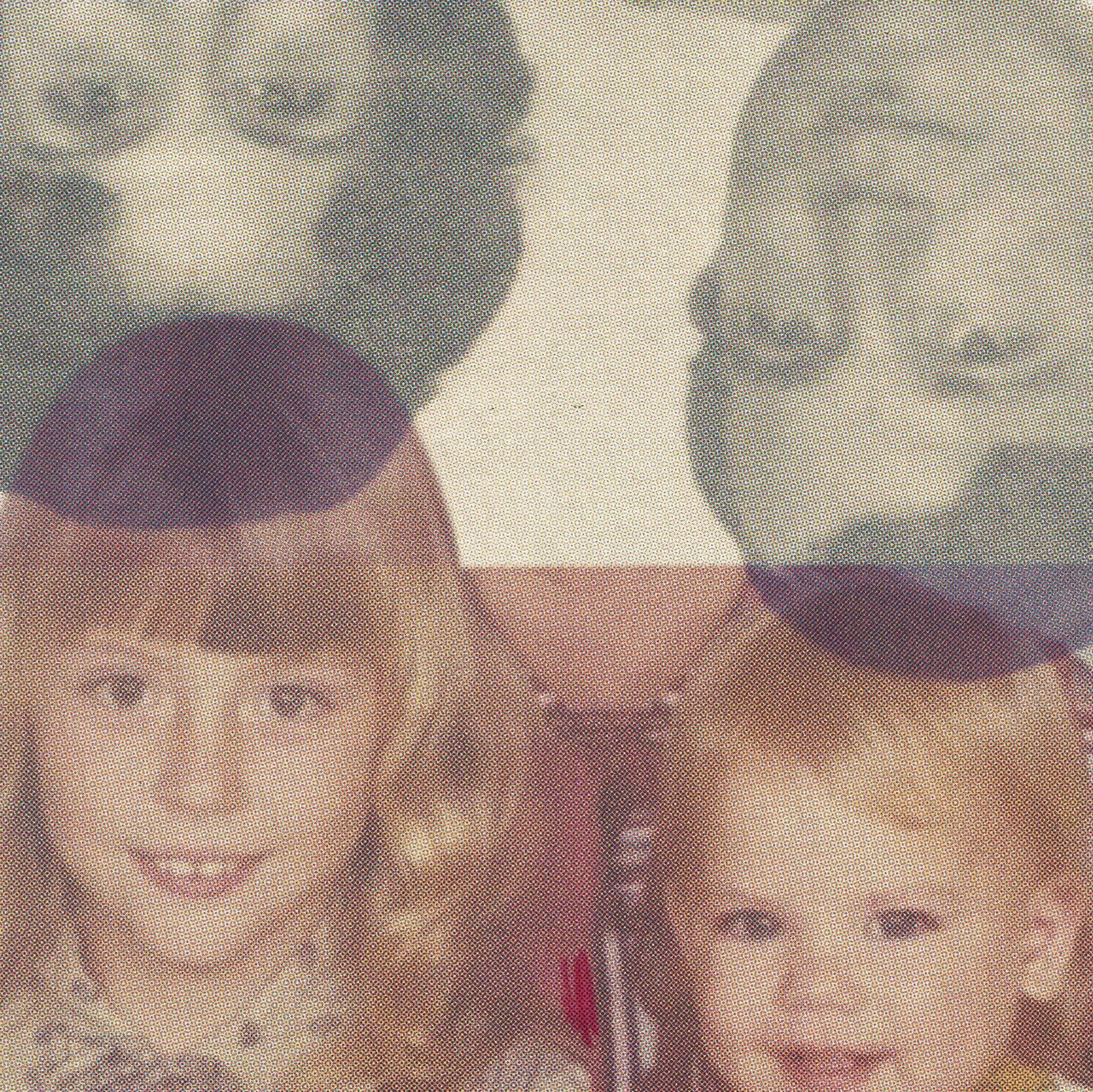

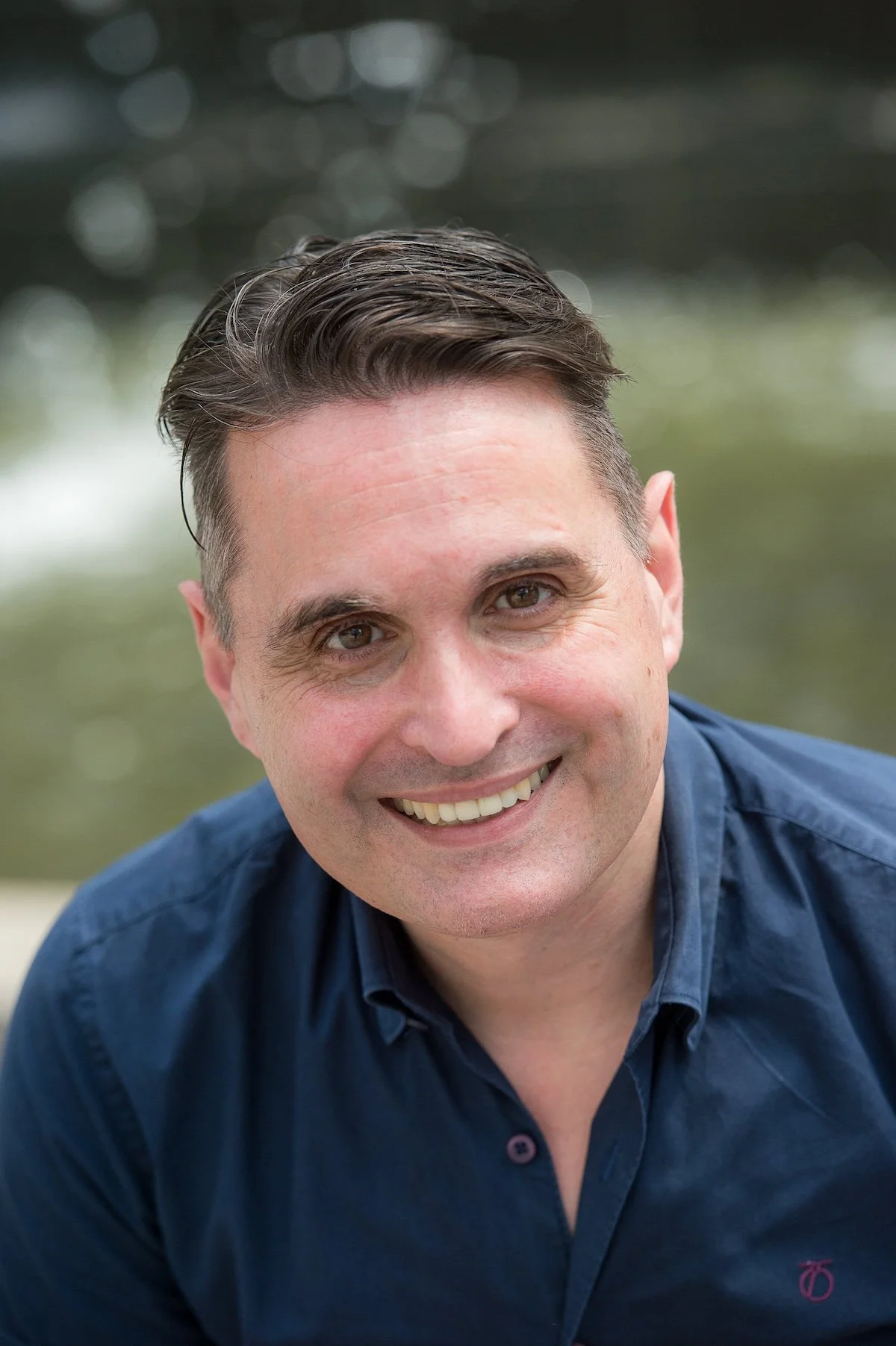








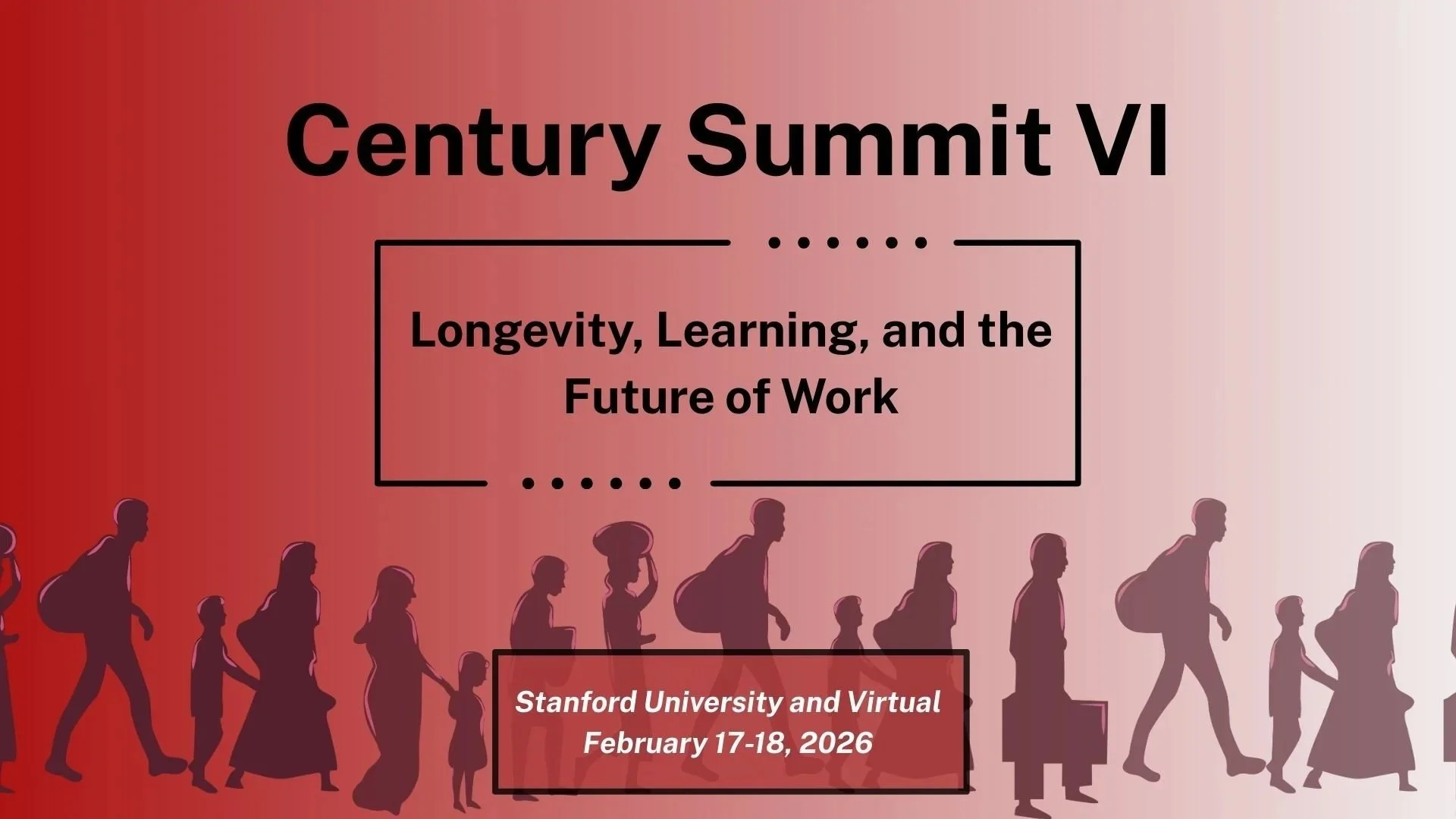
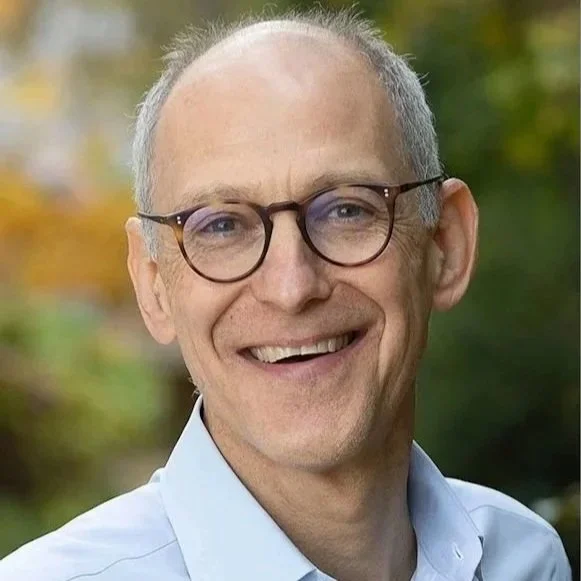







Hang out with the indefatigable Janet Fonda
Bring generations together to build community
Save Democracy (while having fun)
Get the story